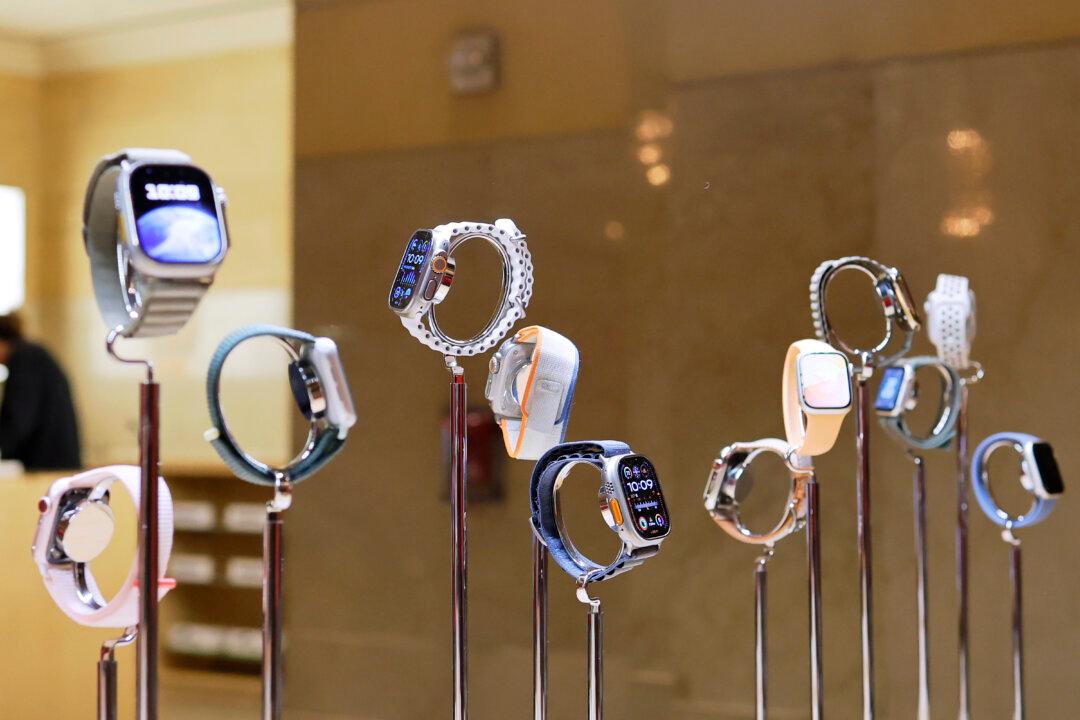U.S. Customs and Border Protection has determined that Apple can use a redesign to bypass the Apple Watch ban over a patent dispute, according to a court filing on Monday.
The redesigned Apple Watch would not contain a pulse oximeter function, a medical scanner that detects blood-oxygen levels.




